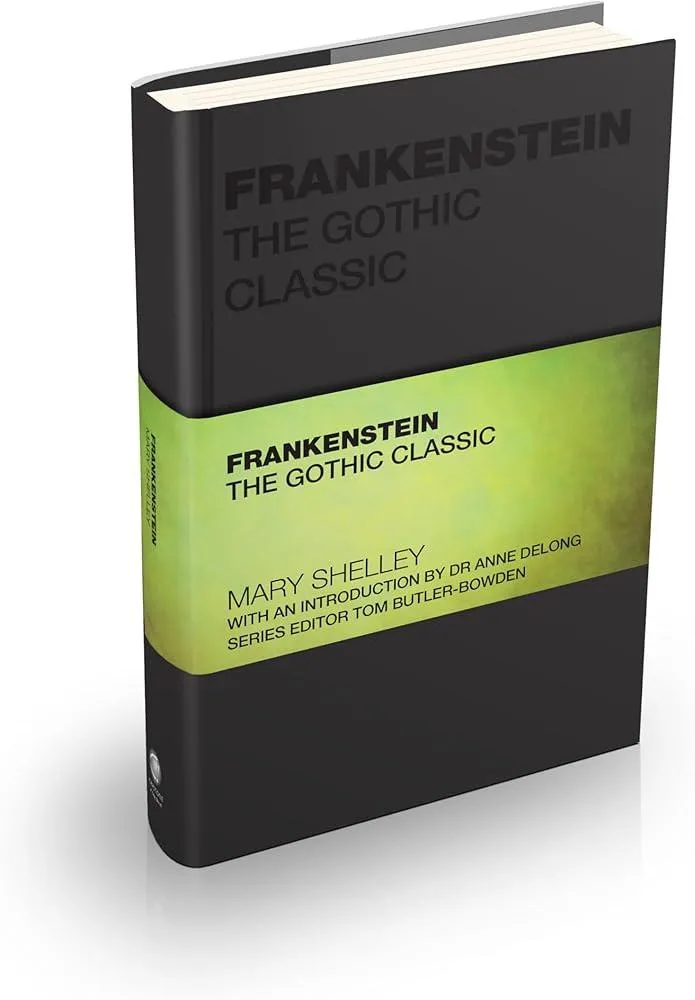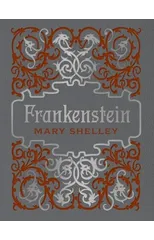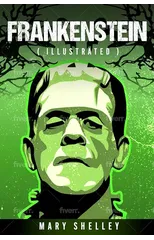Frankenstein
The Gothic Classic
(Autor) Mary ShelleyA twisted, upside-down creation myth that gave birth to the modern science fiction novel Frankenstein, Mary Shelley's chilling Gothic tale, lays bare the dark side of science, and the horror within us all. Written after a nightmare Mary Shelley was only eighteen, this book gave birth to the modern science fiction novel. Set against the backdrop of Europe in the late 18th century, Frankenstein explores themes of scientific ethics, the nature of monstrosity, and the consequences of playing god. The book follows the ambitious scientist Victor Frankenstein who plunders graveyards to create a human-like creature from reanimated body parts, driven by his desire to overcome death and unlock the secrets of life. Frankenstein is often considered a reflection of the cultural and scientific anxieties of the time, with the Industrial Revolution and advancements in science raising questions about the ethical boundaries of scientific exploration. Despite first being published in 1818, this novel remains relevant today, prompting discussions on the consequences of unchecked ambition and societal rejection of the “other.” This seminal work is perfect for fans of the Gothic and science fiction genres.
Mary Shelley
Mary Shelley was an English novelist, best known for her Gothic novel "Frankenstein; or, The Modern Prometheus," published in 1818. She was born in 1797 and was the daughter of political philosopher William Godwin and feminist Mary Wollstonecraft. Shelley's literary style is characterized by its exploration of existential themes, the consequences of scientific experimentation, and the complexities of human nature. "Frankenstein" is considered a seminal work of science fiction and has had a lasting impact on the genre, inspiring countless adaptations and interpretations. Shelley's other notable works include "The Last Man" and "Mathilda." Her contributions to literature have solidified her as one of the most important figures in the Gothic literary tradition.












